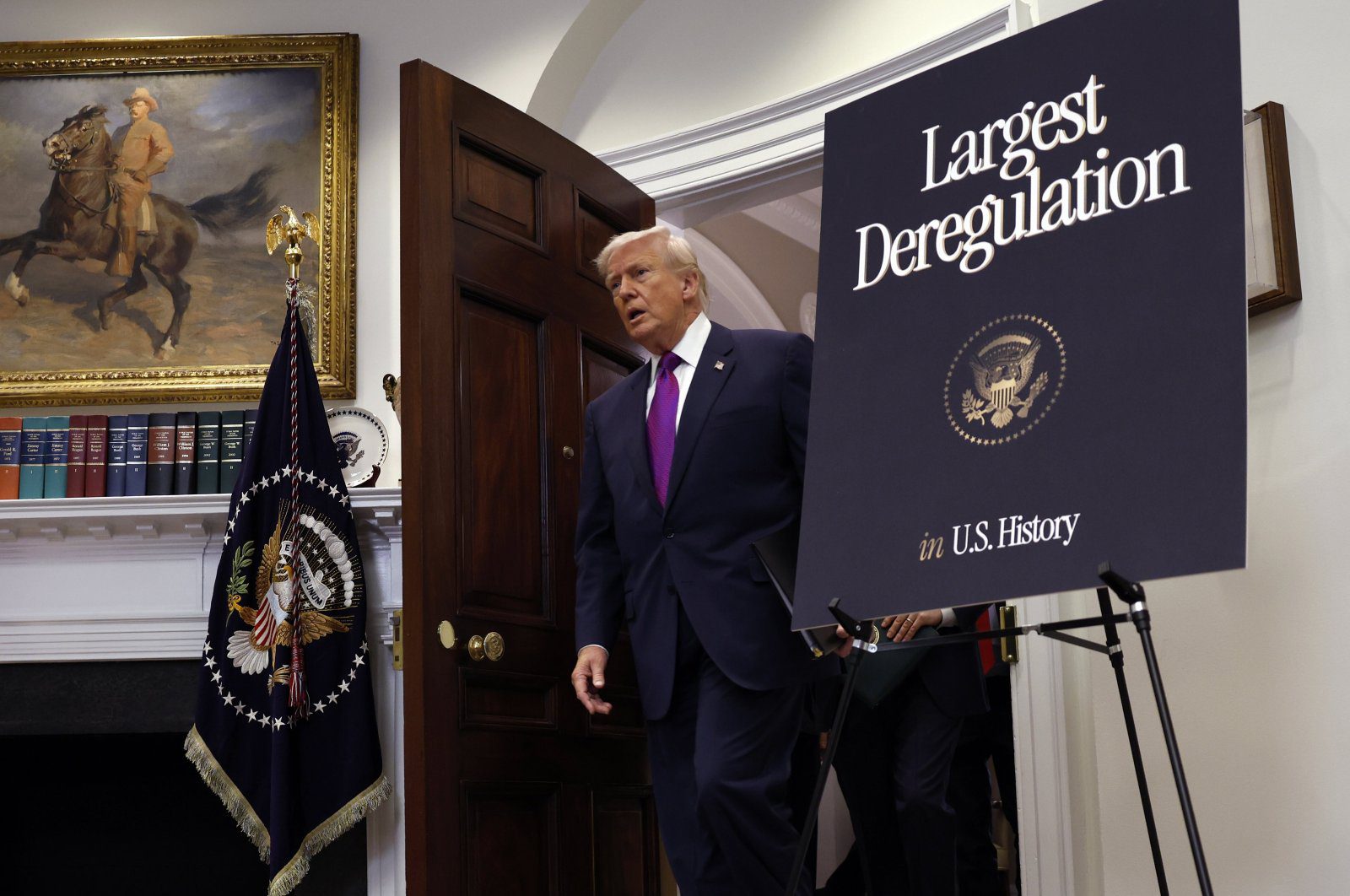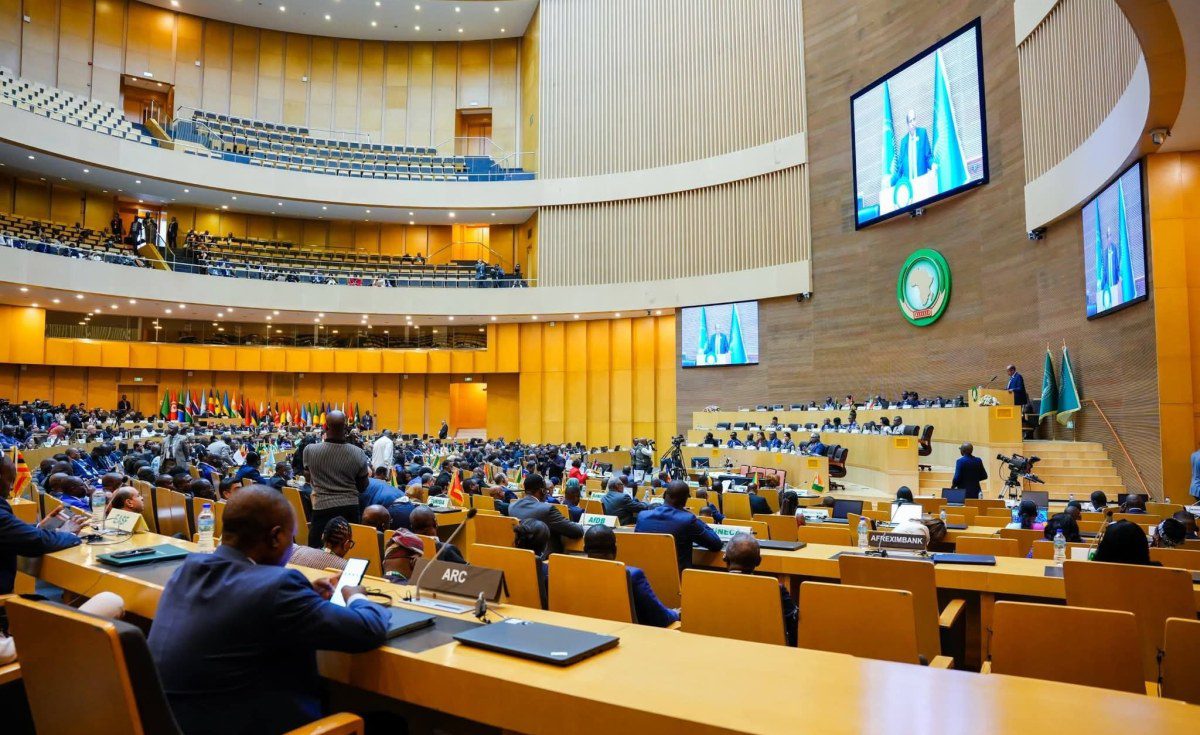Although the SEC’s climate rule is on hold, there’s still much to unpack with respect to material climate-related risks and how to prepare for mandatory reporting on the horizon
A pause in a recently finalized U.S. climate disclosure rule may prompt some companies to question how urgently they should prepare for disclosure. However, there is still good reason for companies to continue developing discipline with respect to climate-related data, governance, processes, and controls.
The Securities and Exchange Commission voluntarily issued a stay with respect to its final climate disclosure rule pending the completion of a judicial review of several legal actions that have been consolidated in the Eighth Circuit Court of Appeals. In issuing the stay, the SEC says it is not departing from its view that the requirements are consistent with applicable law and within the commission’s authority, and that the commission “will continue vigorously defending” the final rule.
The SEC also says the stay facilitates an orderly judicial review of the legal challenges and prevents potential regulatory uncertainty that might arise if companies might become subject to the requirements while the legal challenges are still pending.
“While the stay pauses the effectiveness of the climate rule until legal challenges are resolved, it’s important that companies consider at least three important reasons why they should continue to focus on developing processes and discipline with respect to climate-related information,” says Kristen Sullivan, U.S. Sustainability and Environmental, Social, and Governance (ESG) services leader at Deloitte & Touche LLP.
Materiality still counts. The stay does not reverse or change any of the requirements in the climate rule, nor does it impact the SEC’s existing interpretive release on climate-change disclosures, which the SEC says is intended to remind companies of their obligation to consider climate change and its consequences as they prepare disclosure documents, says Sullivan. The outcome of pending litigation is unknown and may take several months or longer to resolve, but the timing of resolution may become clearer as the litigation develops. “Depending on when the legal challenges are settled, the existing mandatory compliance dates may be retained, or they may be delayed,” she says.
Requirements are still on target elsewhere. Many companies are facing more extensive disclosure requirements similar to the those in the SEC rule as a result of California’s three new laws and Europe’s Corporate Sustainability Reporting Directive, says Doug Rand, audit and assurance managing director, Deloitte & Touche LLP. What’s more, many SEC registrants continue to provide voluntary disclosures under various frameworks and standards, and these voluntary disclosures may be subject to increased scrutiny as legal challenges and mandatory disclosure takes shape.
“Beginning in 2025, certain companies will be subject to EU and California requirements, and companies subject to the EU requirement will need to provide
more extensive disclosures than they would under the SEC climate rule, including obtaining assurance over their climate disclosures rather than only those pertaining to GHG emissions,” says Rand.
If the SEC climate rule is ultimately delayed, many SEC registrants may disclose climate-related information in other reports before having to provide comparable disclosures in their SEC filings. “This gives companies an important reason to consider their data, governance, processes, and controls over climate-related information, given it may eventually be disclosed in the same or similar fashion in future SEC filings,” Rand notes.
Unanswered questions are looming. The SEC climate rule raises important questions that, for many companies, may be unresolved. “Leaders in many organizations often find it challenging to understand the financial materiality of climate-related risks and existing voluntary climate-related disclosure, so the stay presents time and opportunity for companies to dig deeper into this important analysis,” says Sullivan.
Many companies are also likely unaware of how their publicly stated or internal climate-related targets and goals could trigger enhanced disclosure considerations, says Sullivan. “This is an aspect of the SEC climate rule that could have implications for many companies, especially with respect to GHG emissions and other performance disclosures,” she says.
The voluntary reporting system has evolved and continues to shift to one that is largely mandatory. This shift may involve significant change from the way most U.S. public companies report on climate, and the effort that will be involved is likely to be significant for most companies. In addition, many companies will likely have various portions of their climate-related disclosures subject to independent assurance.
Companies can take steps sooner than later to stress test their current climate governance systems by prioritizing it at the board and management level through a risk-protection lens. “These efforts can deepen a company’s understanding of how well prepared they are to provide mandatory disclosure and where they may have an opportunity to get ahead of competitors by strengthening trust with investors and other stakeholders,” says Sullivan.
Written by Tammy Whitehouse, senior writer, Executive Perspectives in The Wall Street Journal, Deloitte Services LP

 Follow SDG News on LinkedIn
Follow SDG News on LinkedIn











